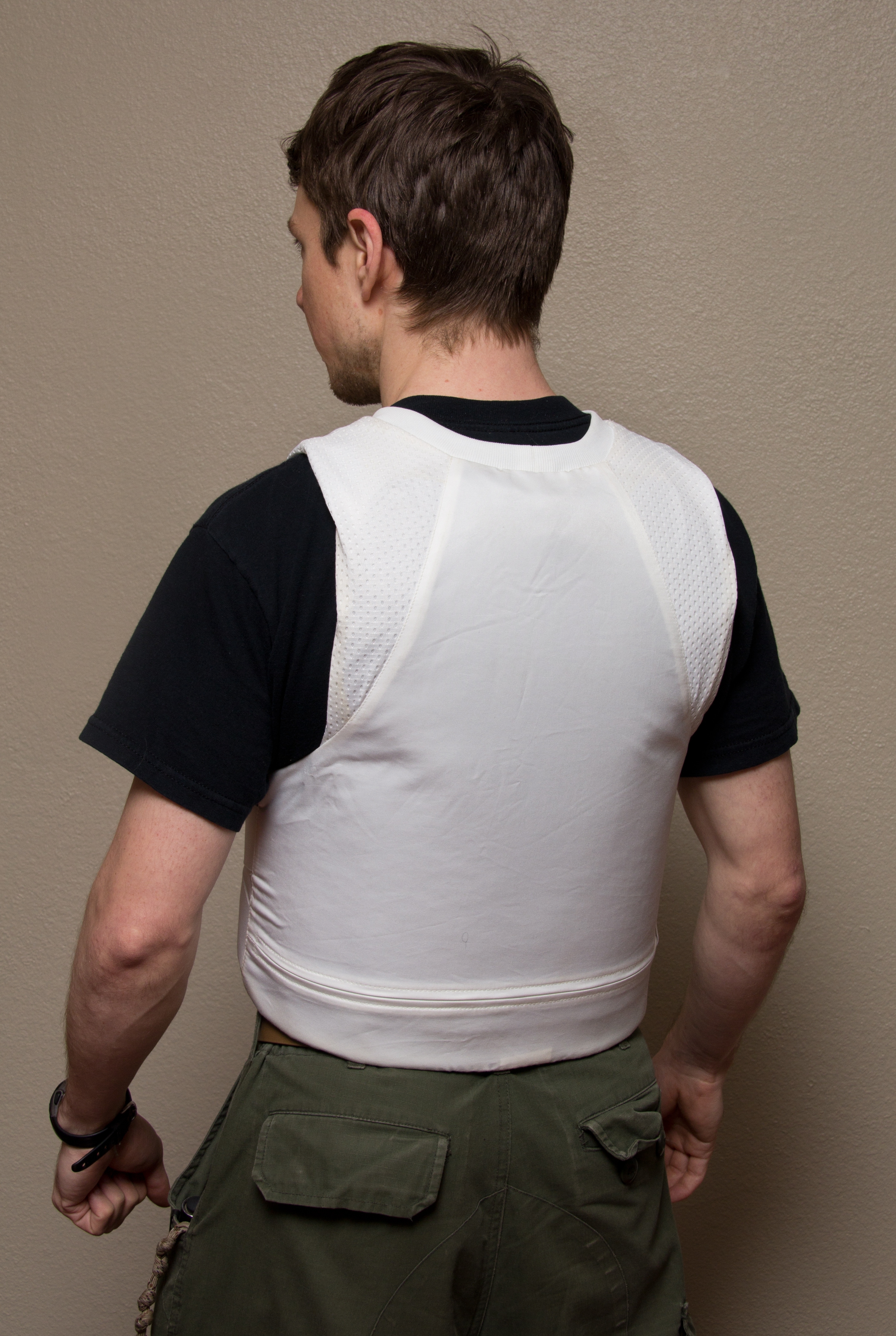
7 security tips for security guards
By Chris Taylor
Features Opinion safeguard armorAs a security guard, you face various risks in the workplace, and to help protect others to the best of your abilities, you need to make sure you feel safe too. While each working environment presents its own challenges, there are numerous steps you can follow to perform at the top of your game. Read on from SafeGuard to learn 7 tips you can follow to stay safer in the workplace.

Plan ahead
While most people dislike to think about the worst-case scenario in situations, as a security guard, you need to be prepared for any eventuality: if you face a tough challenge, you need to know how to handle it. So, plan ahead: take notice of where the exits are, and how fast they can be reached from different spots; if you work as part of a security team, be sure you all work on a plan together for all viable risks, so you can all perform as a well-oiled machine when the time comes.
Get to know your environment
To perform at your best, you should learn the ins and outs of your setting. Walk your patrol routes on quieter periods to familiarize yourself with any obstructions, stairways, doors & exits, and safety hazards. All of these will affect how you can move through the setting in an emergency situation, and you should also keep on top of any structural changes that take place.
Wear body armour you may need
Depending on the setting you work in, and the crime rates in the local area, you’ll face different risks. For example, if you work in a mall with a high number of armed robberies, you may be more at risk of encountering gunfire than in a safer centre in a more salubrious location. Various types of body armour are available, designed to defend against specific threats, from knives & spiked weapons to guns. Each type of armour is rated at different levels, based on the amount of protection they offer, so be sure to wear the vest best-suited to specific threats.
Avoid faulty equipment
While your training is a key factor in your own safety, your equipment also plays a vital role in your everyday work. To be at the top of your game, you should avoid using damaged or unsuitable equipment whenever possible. Should you find yourself asked to carry a radio with erratic functionality, a stab vest with holes or rips, or any other item you believe could pose a risk to your efficiency and security, raise your concerns with a manager.
Check any and all vehicles in your control
Depending on the type of security work you provide, you may need to drive from time to time. While you’re driving, the vehicle itself is your place of work, and you should ensure it offers a high level of safety at all times. Before you get behind the wheel, make sure you check the vehicle inside and out: check the tires; look for fluid leaks; take note of any damage which may affect its performance; and make sure the headlights and brake lights work as they should. You should also make sure mirrors and seats can be adjusted safely to accommodate your needs.
Know your limits
While people depend on you for safety and security, you should never put yourself in danger unless absolutely unavoidable. Though you may be tempted to act the hero and confront dangerous individuals, you need to observe and assess situations thoroughly before you make a decision: if you can handle a situation without getting close to a risky individual or group, then you should. If you believe people may be in danger – including yourself – call the police or other emergency services as required.
Be sure you have security accessories supporting you
As we mentioned the importance of using safe, reliable equipment before, we’ll look at additional equipment designed to help you stay safe. Regardless of the environment you work in, make sure all the items you need to support you are present: CCTV cameras; radios; alarms; working phones; in-ear radios for plain-clothes patrols; and hidden cameras on your uniform, if needed. While you may not use all of these on a day-to-day basis, you should ensure all are in full working order – they can help you perform at optimum efficiency, and keep yourself, and others, as safe as possible.
Chris Taylor is Communications Director at SafeGuard Armor.
Print this page
Leave a Reply